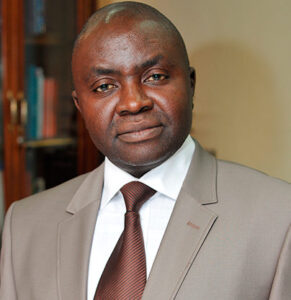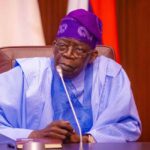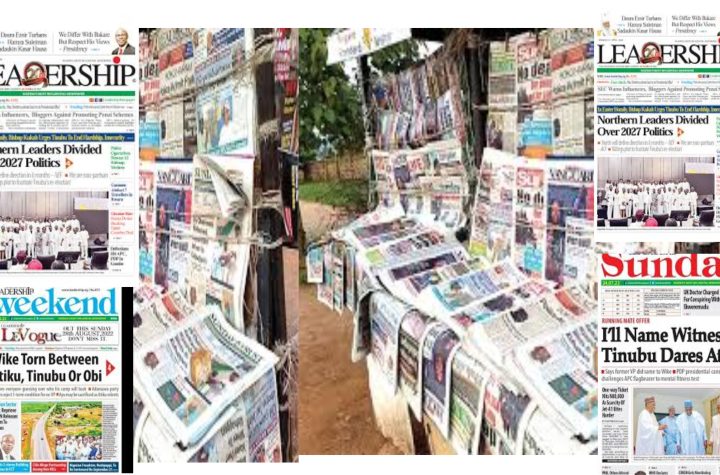
By allcitynews.ng
A captain of industry has called for adoption of a flexible exchange rate regime as solution to current foreign exchange bottleneck.
Just as the Promotion of Private Enterprise (CPPE) boss pointed out that the adoption of the flexible exchange rate regime would improve liquidity in the forex market.

Import dependent exposing Nigeria to external shocks, economist

In the same vein, the captain of industry stated that the too much import dependence of the country has exposed it to external shocks.
“This feature is also factor on the weak competitiveness of the sector. Many manufacturing firms have low local value addition, weak backward integration, inadequate forward integration, and low job creation potentials. All of these weakened the impact of the sector on the economy and the development process.”
Furthermore, he noted that challenges of forex on the real sector, and indeed on practically all sectors, are three dimensional:
The sharp depreciation of the currency depreciation over the last one year; the liquidity crisis in the foreign exchange market, which manifests in the acute shortage of foreign exchange in the official window, and volatility of the exchange rate which creates considerable uncertainty and unpredictability for investors.
The Chief Executive Officer (CEO) Centre for the Promotion of Private Enterprise (CPPE), Dr. Muda Yusuf made the call while speaking in the just concluded 2021 Commerce and Industry Correspondents Association of Nigeria (CICAN) workshop and award event.
The technocrat who spoke on the “IMPACT OF FOREX CRISIS ON THE REAL AND SME SECTORS” cited the sharp depreciation of the naira exchange rate in the parallel market as a cause for concern and a trend that should not be allowed to continue.

Yusuf who was keynote speaker in the programme called for a concerted efforts to stem the slide and volatility as the developments should not be ignored adding that it is as much of an issue to consumers as it is to producers and other stakeholders that create value in the economy.
In addition, he called for an urgent review of the current foreign exchange policy.
He said also that it is more transparent as mechanism for forex allocation and minimizes discretion in the allocation of forex as well as reduces opportunities for round tripping and other sharp practices.
A fixed exchange rate regime on the other hand creates a widening gap between the official and parallel market exchange rates, collapse of liquidity in the foreign exchange market resulting in acute scarcity and mounting trade debts.
Others include increasing factory closure as many manufacturers are not able to access foreign exchange for raw materials and other inputs, with many investors not being able to meet offshore obligations, mounting inflationary pressures and sharp drop in capital inflows.
He therefore suggested adoption of a flexible exchange rate regime. This would improve liquidity in the forex market, reduce uncertainty and enhance investors’ confidence, deepening the autonomous foreign exchange market through the liberalization of inflows from Export Proceeds, Diaspora Remittances, Multinational Companies, Donor Agencies, Diplomatic missions etc.
He also suggested that market rates should be allowed to prevail in the autonomous window.

Yusuf expressed optimism that the Nigerian economy has the capacity to weather the current turmoil if the policy contexts are right, adding, “We have the market, the people and natural resources. The opportunities that the present situation offers would only be realized if policy obstructions to resource flows are removed.”









More Stories
Oriental News Nigeria, sets for 4th Summit, as former Minister, Prof. Bart Nnaji expresses his willingness to Chair the 2025 Summit
BRT Mass Transist, Commuters lament against, condemn changed operational system by the management
FIRS helmsman calls for opening of tax offices nationwide at weekends to create smooth operations for tax payers durimg rush hours in month of June